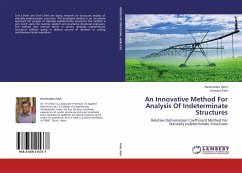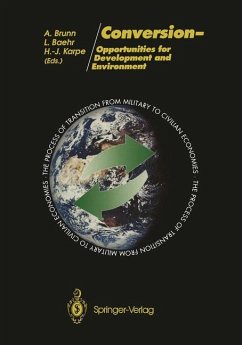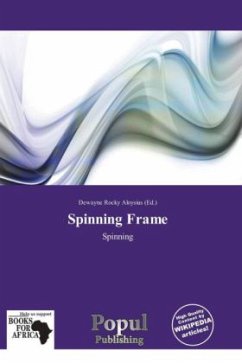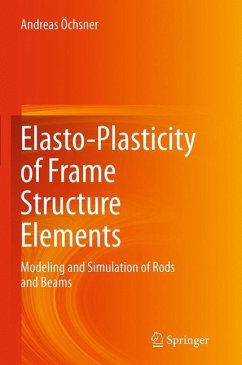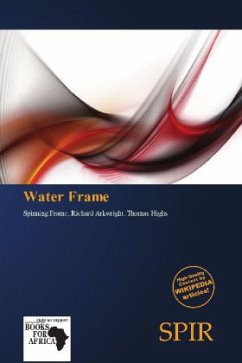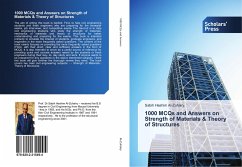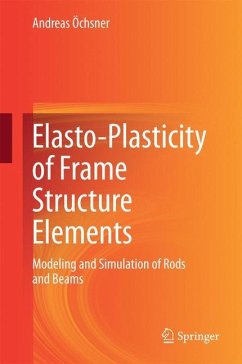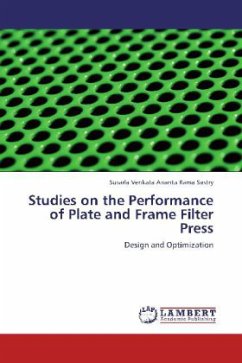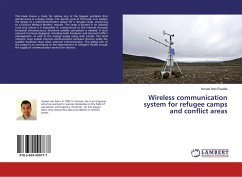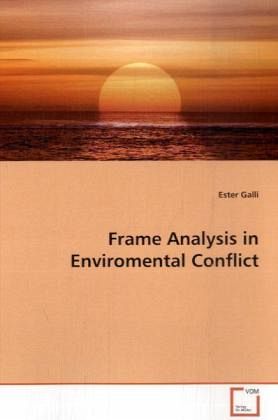
Frame Analysis in Enviromental Conflict
Versandkostenfrei!
Versandfertig in 6-10 Tagen
32,99 €
inkl. MwSt.

PAYBACK Punkte
16 °P sammeln!
In the strive for more sustainable pathways for society there are often situations where conflicts arise between economic and social developments and the consequent environmental impacts. Examples of these conflicts are often found in situations of multiple uses of natural resources. They emerge mainly from differences in values, worldviews and conflicting interests among the stakeholders, and tend to be persistent. Whith the increasing number of such conflicts has also come a raise in the need for more efficient tools for conflict resolution. This book, therefore, seeks to illustrate the deve...
In the strive for more sustainable pathways for
society there are often situations where conflicts
arise between economic and social developments and
the consequent environmental impacts. Examples of
these conflicts are often found in situations of
multiple uses of natural resources. They emerge
mainly from differences in values, worldviews and
conflicting interests among the stakeholders, and
tend to be persistent. Whith the increasing number
of such conflicts has also come a raise in the need
for more efficient tools for conflict resolution.
This book, therefore, seeks to illustrate the
development of a methodoloy for analysing the frames
of different stakeholders to foster the
understanding, and in the end, resolve or avoid
persistent conflicts. It provides a theoretical
description of the concepts of risk perception,
frame and frame analysis. A case around an
accidental oil release in Guanabara Bay is used as a
demonstration example. It should help shed some
light in the resolution of conflicts and be
especially useful to academics and conflict
negotiators, or anyone who may be interested in
conflict resolution.
society there are often situations where conflicts
arise between economic and social developments and
the consequent environmental impacts. Examples of
these conflicts are often found in situations of
multiple uses of natural resources. They emerge
mainly from differences in values, worldviews and
conflicting interests among the stakeholders, and
tend to be persistent. Whith the increasing number
of such conflicts has also come a raise in the need
for more efficient tools for conflict resolution.
This book, therefore, seeks to illustrate the
development of a methodoloy for analysing the frames
of different stakeholders to foster the
understanding, and in the end, resolve or avoid
persistent conflicts. It provides a theoretical
description of the concepts of risk perception,
frame and frame analysis. A case around an
accidental oil release in Guanabara Bay is used as a
demonstration example. It should help shed some
light in the resolution of conflicts and be
especially useful to academics and conflict
negotiators, or anyone who may be interested in
conflict resolution.



